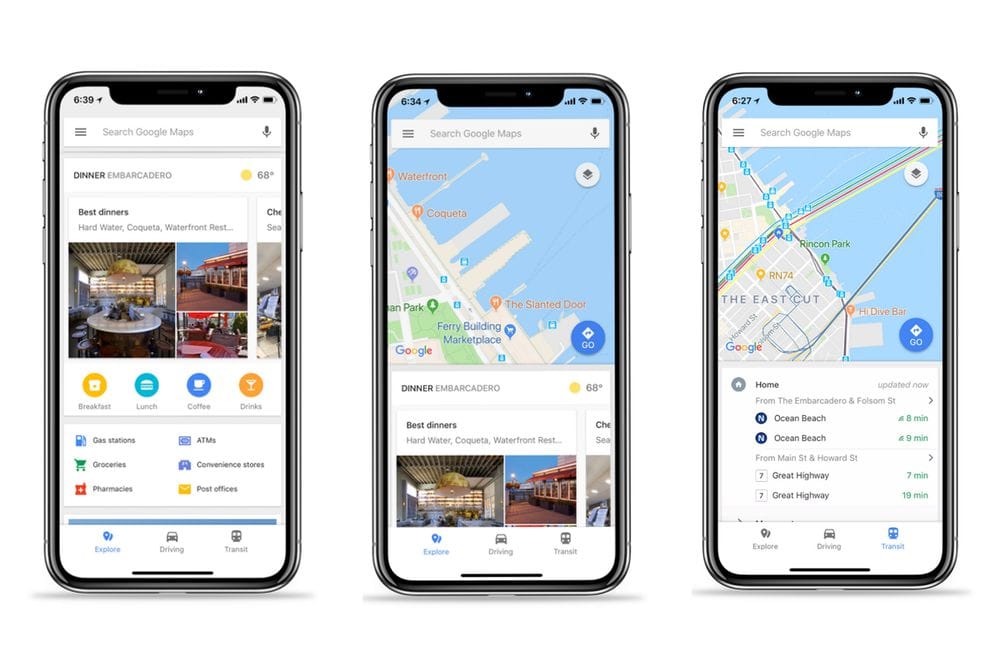If you find yourself within the immediate radius of a crime that’s committed, you could find your personal data seized by police, with a helping hand from Google.
That’s the takeaway from a recent report about how Raleigh police have presented Google with broad search warrants, requesting user data from all mobile devices with a certain vicinity of particular crimes. In one case, Google was reportedly asked for unique data for all homes and businesses within a 17-acre area of a gun-related incident.
This location tracking can then be used to pin down suspects or potential witnesses of interest. Even in cases where location tracking on individual apps has been switched off, it’s still possible to work out where a person is if they’ve connected to a cellular network or WiFi connection.
Google hasn’t specifically commented on the details of this story, but did say that: “We have a long-established process that determines how law enforcement may request data about our users. We carefully review each request and always push back when they are overly broad.”
According to a Raleigh Police Department spokesperson, the requested account data covers not just Android users, but anyone running any kind of Google app with location tracking.
While not all of the data given can be traced to a specific individual, it sounds like this is possible if the anonymized data turns out to be promising enough. WRAL.com reports:
“In addition to anonymized numerical identifiers, the warrant calls on Google to release time stamped location coordinates for every device that passed through the area. Detectives wrote that they’d narrow down that list and send it back to the company, demanding ‘ntextual data points with points of travel outside of the geographical area’ during an expanded timeframe. Another review would further cull the list, which police would use to request user names, birth dates and other identifying information of the phones’ owners.”
Privacy vs. crime-solving
The question of how tech companies should balance the needs of law enforcement and the privacy of customers is an ongoing battle. It was the subject of a previous standoff between Apple and the FBI when Apple was asked to help unlock the iPhone of a shooting suspect, which it refused to do for security reasons.
Apple has also had similar battles with the U.K. government over its so-called “snooper’s charter,” suggesting that making companies create backdoors for encryption services like iMessage could “hurt law-abiding citizens.”
Nonetheless, it’s unavoidable that the data we gather on our devices can and will increasingly be used in court. Earlier this year, we wrote about how data from the Apple Health app is being used as evidence in a trial concerning the rape and murder of a 19-year-old woman in Germany. The data helped prosecutors recreate the steps, and even specific actions, the accused may have been performing at the time of the murder.
What is potentially controversial about these latest cases, however, is just how broad the search warrant appears to have been in terms of data being pulled in for analysis.
Would you be happy for your location data to be used in this way? Is it an invasion of privacy? Let us know your comments in the box below.


